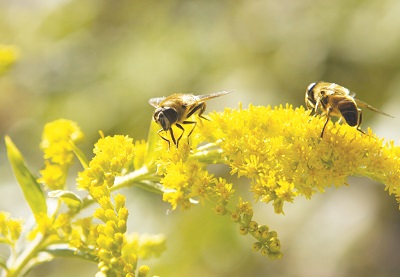By: Thoboloko Ntšonyane
MASERU – Food and Agriculture Organisation (FAO) estimates that 75% of the world’s most productive food crops depend, at least in part, on pollinators.
Relaying the information through a memo, the Acting Director of Forestry Lebajoa Mahalefele says the country will celebrate World Bees Day at Thabaneng, Berea.
He adds: “This is done to create awareness and to draw attention to the essential role that bees and other pollinators play in keeping people and the planet healthy”.
Bees play a crucial role as pollinators in ecosystems around the world and the decline in bee populations has been a cause for significant concern as that exposes the world to ecological issues such as habitat loss, pollution and climate change.
Globally World Bees Day is celebrated on May 20.
The theme for this year is ‘Bee engaged with Youth’.
Studies have shown that bees’ importance to humanity cannot be overstated as they not only provide honey but also enhance agriculture production, biodiversity and food security, which has also become a concern recently due to ever-increasing food inflation.
Their importance extends beyond the production of honey, impacting agriculture, biodiversity, and food security. This includes fruits, vegetables, nuts, and seeds, which are essential for a healthy diet.
Lesotho National Farmers Union (LENAFU) points out that the growth and development of the beekeeping sector in Lesotho can be attributed to the support beekeepers get from the government, development partners and the non-governmental organizations.
They further allude that the main beekeeping products in Lesotho are honey, propolis and beeswax , honey being the main produce.
LENAFU continues: “In Lesotho, the demand for honey is increasing because of its medicinal and nutritional benefits, and this is evidenced by the [large] volumes of honey imported into the country.”
According to the Food and Agriculture Organisation (FAO) the World Bee Day is a call for global action and an encouragement to the younger generation to create a buzz of their own and help to strengthen pollination-friendly agricultural production while supporting sustainable agriculture practices.
“Beekeeping can create jobs for a new generation and young entrepreneurs can even start their own business with a small investment and little agricultural land.
“Bees and other pollinators play a vital role in agrifood systems, contributing to food security and nutrition. By carrying pollen from one flower to another, they allow plants to reproduce thus facilitating food production,” reports FAO.


